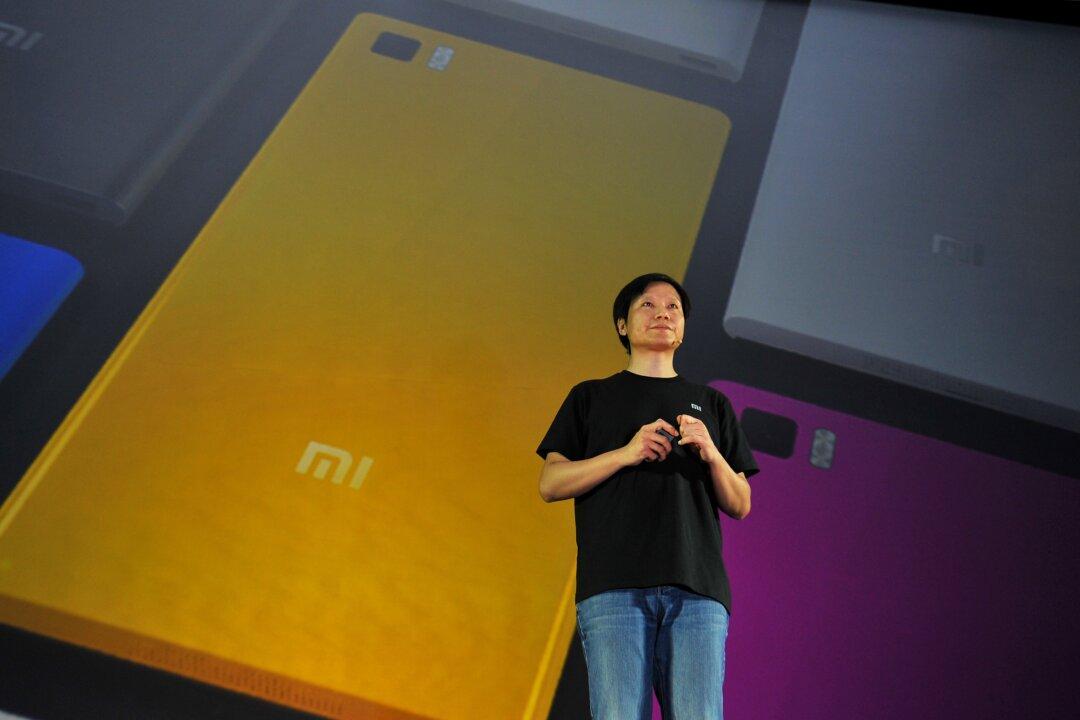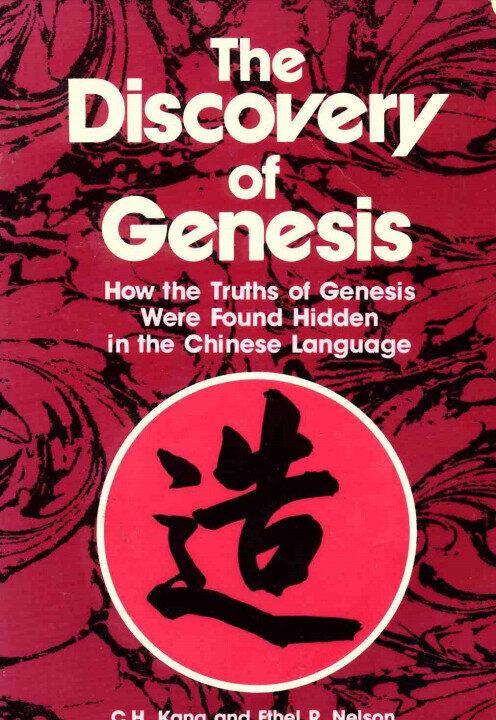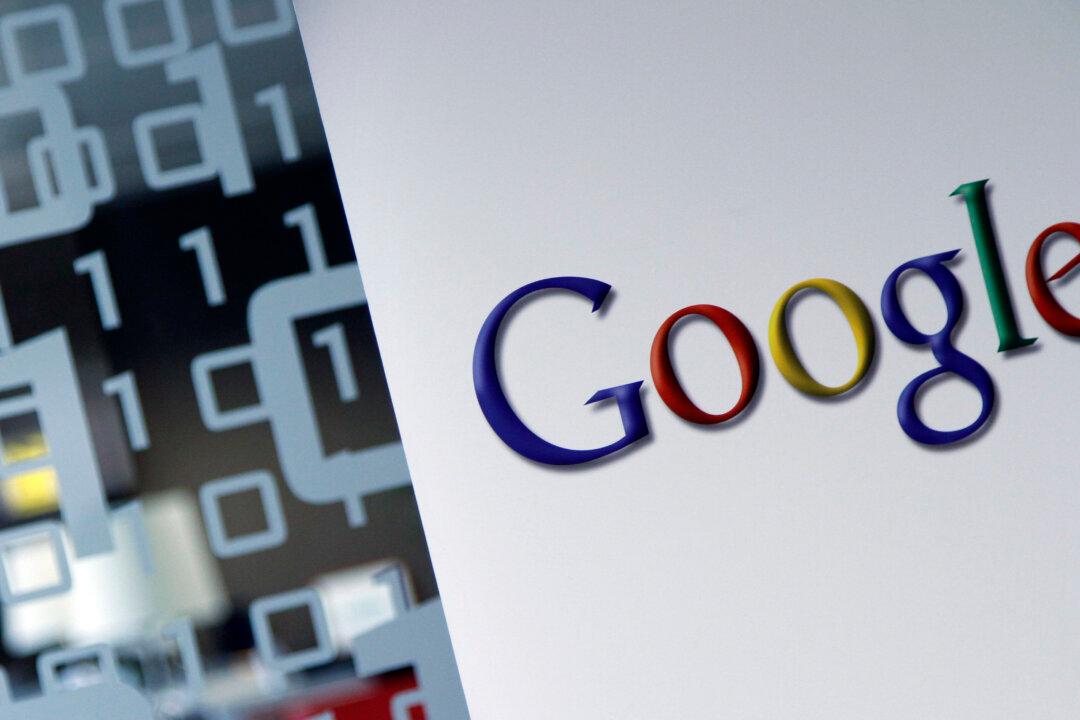As of Dec 29, 2014, Xiaomi is the most valuable startup in the world. The smartphone company was reported to have raised $1.1 billion in new capital today at a valuation that puts it at $46 billion, just ahead of another much-ballyhooed cab startup Uber.
Xiaomi, with its low-cost smartphones, competes with the likes of Apple and Samsung. The company is known for producing powerful Android-based smartphones at a low price.
For all the accolades Xiaomi has gotten, it has also had its share of negative press. Earlier this year, it was reported to be sending back information from its smartphones to servers in China. This was initially reported by security company F-Secure, and confirmed by India’s airforce which recommended that its employees not use Xiaomi smartphones.Xiaomi promised to set up servers outside of China to service its non-Chinese users, but it remains to be seen when that will happen. The company also lost a court case in early December in India that temporarily halted sales, but that ban was lifted two weeks later.
Xiaomi’s biggest claim to fame--and the reason for its rapid rise to fame--is that it builds powerful smartphones at low cost. Interestingly enough, its smartphones are based on and look very similar to Apple’s iPhones - one could say, much more similar than Samsung’s. In fact, Xiaomi’s founder has been compared for basing his style to the late Steve Jobs, Apple’s founder.
But one thing is different about Xiaomi: it will probably never get sued by Apple.
For a company that has been vehemently protective of its copyrights, Apple has been very very quiet when it comes to taking legal action against Chinese smartphone manufacturers, particularly rising star Xiaomi. In the meantime, Apple has publicly and loudly sued every other Android-based smartphone manufacturer - think Motorola (US-based), HTC (Taiwan), Samsung (South Korea).
So why in the world is Apple relucant, nay terrified, of suing a smartphone company based in China?
China’s Guanxi Issues
Because for all its power and willingness to use legal maneuvering in free countries, Apple knows it has to tread carefully in China. The company manufactures its products through a supply chain mostly based in China, and has repeatedly reported that its China market is a large one (smaller than US and Europe, but still large and rising.)
But as much as Apple loves China, and the Chinese people love Apple, the Chinese regime has shown a public disaffection for Western companies. Starting with celebrities bad-mouthing Apple products in 2013, and the regime banning Apple products from a procurement list in 2014, the company has had to bend over backwards to keep operating in China. Much like other Western companies.
Hence its reluctance to face off against any China-based companies. Typically, large Chinese companies like Xiaomi have someone connected to leading figures in the regime, usually a family member. In the case of Alibaba, there were deep pockets within high-ranking Chinese regime cadres backing the company, and those cadres, of course, made a lot of money off the IPO as well.
So its almost ironic that as much as Apple likes to talk about copyright protection, its range of options is limited to attacking companies in the free market that are only tangential copies of its original product--and that the Cupertino, US-based company that rakes in over $120 billion a year in revenue may be defenseless if Chinese rivals should copy it due to Apple’s inability to stand up to the backers of the Chinese manufacturers inside the Chinese regime.




